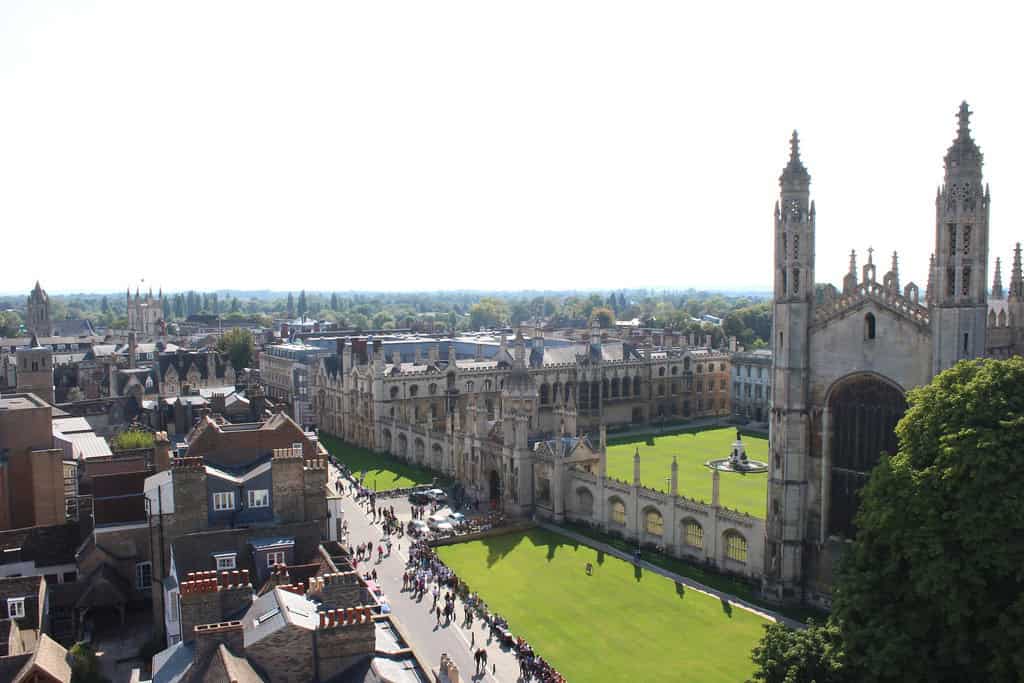The government’s highly anticipated response followed the Migration Advisory Committee’s report which found no “significant abuse” of the Graduate Route, recommending the government retain the visa in its current form.
Broadly following advice from the MAC, the Home Office revealed new proposals to “crackdown” on student visas and “rogue recruitment agents”, mandating universities sign up to a “stringent framework for agents”, thought to be the AQF.
“It is a huge relief to have confirmation from Government that the graduate route remains in place,” said Vivienne Stern MBE, chief executive of UUK.
After months of uncertainty caused by the launch of the MAC review on March 11, Stern echoed voices across the sector when she called for “a period of stability, and a shared commitment to delivering a stable and well managed international student landscape”.
Such sentiments were shared by Russell Group chief executive Tim Bradshaw, emphasising the “huge value” of international students in the UK and stressing his commitment to working with the government to implement additional regulations on agents.
“Stability is now needed in student migration policy to enable universities to plan for a long-term, sustainable future and protect quality and choice for all students,” he added.
Hostile rhetoric and policy announcements are damaging our country’s coffers, our international standing and the opportunities of the students around the world
Lil Bremermann-Richard, OIEG CEO
On the same day as the Graduate Route announcement, the ONS released net migration figures showing a 24.7% year-on-year fall for study related visas.
Following the government’s ban on dependents and changes to the skilled worker visa salary threshold, data from Enroly showed a 57% decrease in international student deposits for September 2024, as compared with the previous year.
“Recent migration changes have already delivered the intended result of reducing international student numbers, with 9 in 10 member universities responding to our May survey reporting a decline in international applications,” said BUILA chair, Catriona McCarthy.
“Any further restrictions would have had severe implications for the higher education sector and the economy,” she added.
May 23 was a big day for UK higher education with further data released by QS and UUKi highlighting that international students are drawn to the UK primarily due to the academic excellence of universities, but that more career services are needed to support students in the UK and those returning home.
QS CEO Jessica Turner welcomed the government’s response and urged it to help institutions and students understand “the benefits of the Graduate Route visa for UK employers and for international students to gain valuable work experience” through more placements, internships and experiential learning.
Writing in The PIE, executive director of Study Group Ruth Arnold expressed the wide range of emotions she felt hearing the government had agreed not to remove the Graduate Route, from relief to gratitude, anger, and dismay, and finally, pride in how the sector came together.
Following the publication of a “bleak” financial report from OfS which said that a significant reduction in international student numbers could leave 80% of institutions in deficit, stakeholders highlighted the financial imperative of maintaining the Graduate Route.
“The Migration Advisory Committee’s recommendations are clear: penalising international students would severely limit the UK’s higher education offering and create substantial financial difficulties for universities across the country,” said OIEG CEO Lil Bremermann-Richard.
“As such, it is incumbent on any new government to take manifesto commitments that avoid pursuing harmful immigration policies which will hamper the UK’s competitiveness as a global powerhouse for higher education.
“Aside from the fact that 97% of international students who come to the UK leave after their studies according to the government’s own report, hostile rhetoric and policy announcements are damaging our country’s coffers, our international standing and the opportunities of the students around the world who bring so much to the UK,” Bremermann-Richard continued.
And yet, as London Higher CEO Diana Beech warned, “The battle is not yet won”.
“With a General Election now in full swing, it remains to be seen whether the abolition of the Graduate Route will make it into the Conservative Party manifesto – both to quell the mutiny in the party over the issue and to force Labour into taking a position.
We can definitely celebrate tonight
Sanam Arora, NISAU chair
“The continued silence from the Labour benches on the role of graduate visas means the sector cannot yet count on Sir Keir Starmer and his party to maintain the UK’s global competitiveness and keep London riding high as the world’s Best Student City.”
Outside the sector, the news was picked up by national publications around the world – including NDTV India, where NISAU UK chair Sanam Arora shared her reaction.
“I have been cautioning for many days not to celebrate too early, but we can definitely celebrate tonight.
“This is great news, particularly for Indian students for whom its really important to get this two-year ability to look for jobs, to look for work experience and to really set themselves apart in the global labour market. So a big win today,” Arora added.

